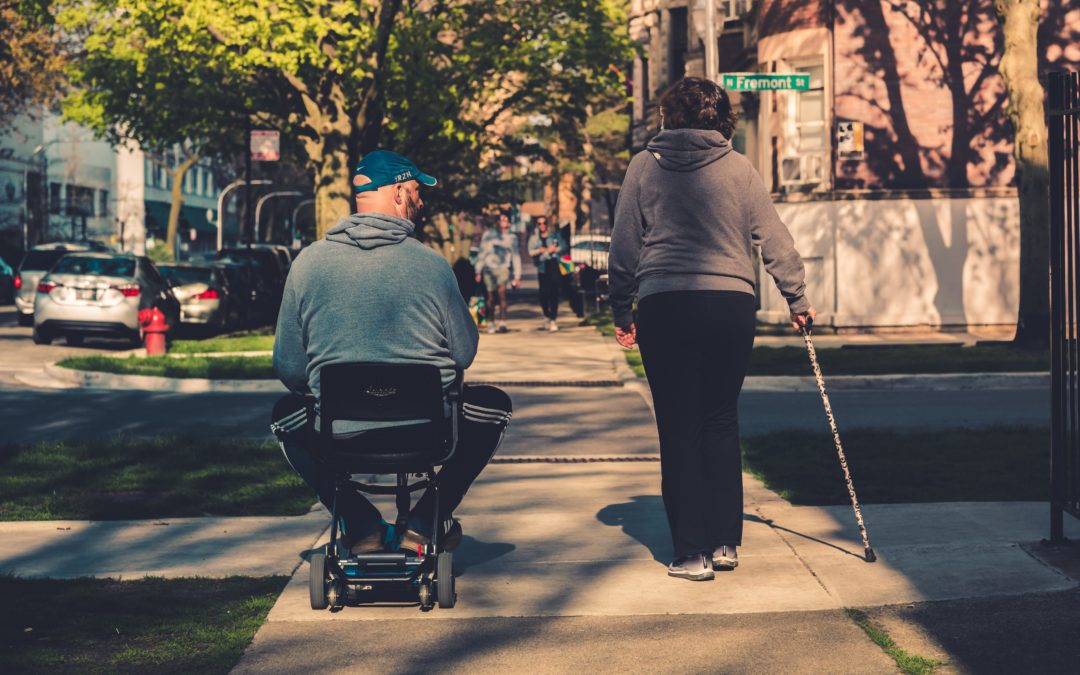42 U.S.C. 3604 (Section 804 of the Fair Housing Act) applies to Homeowners’ Associations and Condominium Owners’ Associations. 42 U.S.C. 3604 states, in pertinent part:
It shall be unlawful … to discriminate against any person in … the provision of services or facilities in connection with such dwelling, because of a handicap. … [F]or the purposes of this subsection, discrimination includes … a refusal to make reasonable accommodations in rules, policies, practices, or services, when such accommodations may be necessary to afford such person equal opportunity to use and enjoy a dwelling…
Federal nondiscrimination law requires housing providers, including Homeowners’ and Condominium Owners’ Associations, to grant requests for reasonable accommodations and modifications in housing and in common areas. As the Associations are required to provide these accommodations and modifications, the question is, what are reasonable accommodations and modifications?
Reasonable Accommodations
Reasonable accommodations and modifications are those that afford a disabled person full enjoyment of the dwelling or common area. Reasonable accommodations can include structural changes to interiors and exteriors of dwellings and common areas. They may include installation of a ramp, lowering the entry threshold, installation of grab bars, or any number of other reasonable changes which may be necessary to afford such person full enjoyment of the premises. The premises may include Association-owned parks, pools, trails, community centers, or other common areas.
Requested accommodations or modifications are likely necessary when there is an identifiable relationship between the requested accommodation or modification and the disability. The Association may request information necessary to evaluate the request, but if the disability is obvious, readily apparent, or known to the Association, and the need for the accommodation or modification is also apparent or known, the Association may not request any additional information.
A request for a reasonable modification or accommodation may be denied only if providing it would impose an undue financial and administrative burden on the housing provider. If an Association denies a request, they should discuss with the requestor whether there is an alternative that would effectively address the need without imposing an undue financial and administrative burden. The undue financial and administrative burden does not alter the requirement to provide any other reasonable accommodation that does not result in an undue financial and administrative burden. The Association must do what it can to provide an accommodation that will allow the person to fully enjoy the premises.
Complaints for Violation
If a person with a disability believes that an Association has discriminated against that person by wrongly denying a request for reasonable accommodation, the person may file a complaint at https://www.hud.gov/fairhousing.
It is in the best interests of the Association, and its members, to work with people requesting reasonable accommodations and modifications to find a solution that will enable such people to fully enjoy the dwelling and common areas. See HUD.gov for additional information about this topic.

Recent Comments